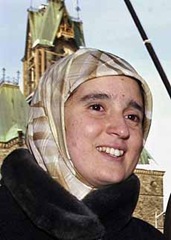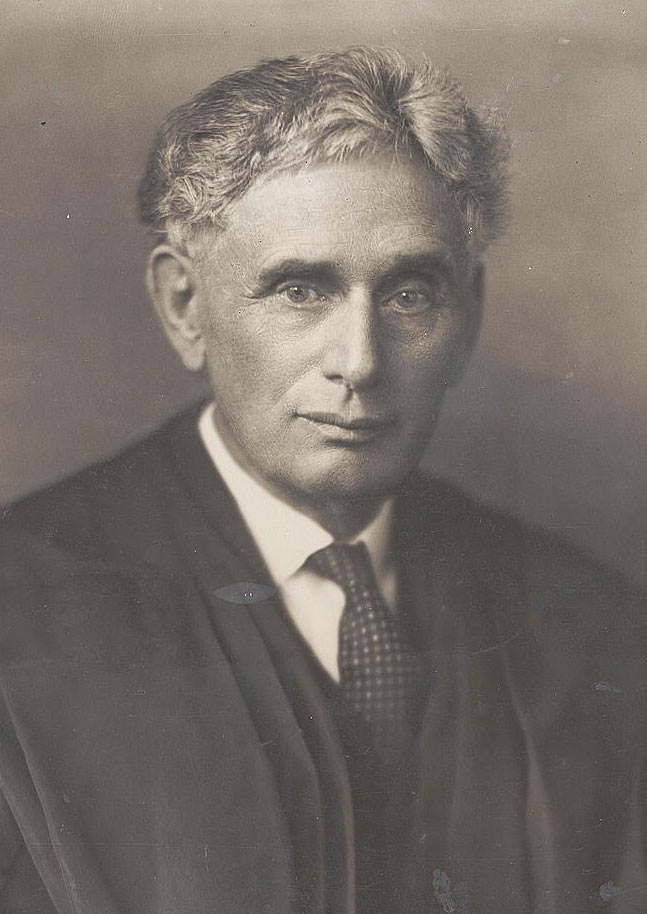Blawg http://lawiscool.com/ is also covering the Rabbi Elior Chen story, and they mentioned me in their analysis. Woot!
Mind you, the title, "Wounder of Rivers Seeks Refuge in Canada" gave my a brief scare when I took it to mean he was claiming refugee status.
To which I say: please don't. Oh please. For the sake of all the non-dodgy refugee claimants out there, please don't claim refugee status, to which you are clearly not entitled.
Allow me to quote the relevant legislation:
96. A Convention refugee is a person who by reason of a well-founded fear of persecution for reasons of race, religion, nationality, membership in a particular social group or political opinion,
(a) is outside each of their countries of nationality and is unable or, by reason of that fear, is unwilling to avail themselves of the protection of each of those countries, or
(b) not having a country of nationality, is outside their country of former habitual residence and is unable or, by reason of that fear, unwilling to return to that country.
97. (1) A person in need of protection is a person in Canada whose removal to their country or countries of nationality or, if they do not have a country of nationality, their country of former habitual residence, would subject them personally
(a) to a danger, believed on substantial grounds to exist, of torture within the meaning of Article 1 of the Convention Against Torture; or
(b) to a risk to their life or to a risk of cruel and unusual treatment or punishment if
(i) the person is unable or, because of that risk, unwilling to avail themself of the protection of that country,
(ii) the risk would be faced by the person in every part of that country and is not faced generally by other individuals in or from that country,
(iii) the risk is not inherent or incidental to lawful sanctions, unless imposed in disregard of accepted international standards, and
(iv) the risk is not caused by the inability of that country to provide adequate health or medical care.
(2) A person in Canada who is a member of a class of persons prescribed by the regulations as being in need of protection is also a person in need of protection.
Chen is none of those things.
Let's deal with s. 97 first. Israel tortures, as the Public Committee Against Torture has documented. But these cases all appear to be in the context of the conflict with the Palestinian Territories--it appears that "regular" criminals are treated in line with international regulations. According to the US Dept. of State:
The law provides detainees the right to conditions that do not harm their health or dignity. Conditions in IPS facilities for common criminals and security prisoners generally met international standards. (Conditions in four facilities for detainees are covered in the annex). The International Committee of the Red Cross (ICRC) had access to IPS and IDF facilities. Overcrowding remained a significant problem. Regulations require at least 48 square feet of living space per person, but the Prisons Authority reported on October 16 that the average space per prisoner was 31 square feet. In a March report the Israel Bar Association (IBA) noted that despite regulations specifying a limit of four prisoners per cell, some contained up to 10 prisoners. On February 18, the High Court ruled that authorities were obligated to provide a bed for every inmate and, according to ACRI, as of August, all prisoners in IPS facilities had a bed.
Israeli citizen prisoners 17 years and younger were separated from adult prisoners.
The ICRC regularly monitored IPS facilities as well as interrogation facilities and the two IDF Provisional Detention Centers.
So that's that for s. 97.
In terms of persecution (s. 96) I suppose Chen might claim on religious grounds or particular social group. It really doesn't matter, since as a fugitive from justice, he can't be said to be suffering persecution anyway. Breaking a law of general application is a non-starter:
A person who is punished for having violated an ordinary law of general application, is punished for the offence he has committed, not for the political opinions that may have induced him to commit it. … [A] person who has violated the laws of his country of origin by evading ordinary military service, and who merely fears prosecution and punishment for that offence in accordance with those laws, cannot be said to fear persecution for his political opinions even if he was prompted to commit that offence by his political beliefs. [Musial v. Canada (Minister of Employment and Immigration), [1982] 1 F.C. 290 (C.A.) at 294]
Now, there are some exceptions, for instance if the law is persecutory in intent or effect, or if the punishment is disproportionate [see e.g. Cheung v. Canada (Minister of Employment and Immigration), [1993] 2 F.C. 314 (C.A.); Zolfagharkhani v. Canada (Minister of Employment and Immigration), [1993] 3 F.C. 540 (C.A.)]. But as far as I know, no such considerations apply to a Jewish Israeli facing prosecution for heinous child abuse.
That said? Abusing the refugee system would be a smart strategic move on Chen's part. Buy him time, give him a platform, etc. etc. Canada is generally too quick to reject claimants and to bar people from accessing the system all together, but this is one case where I could sympathize with a discretionary punt back to his country of origin.









